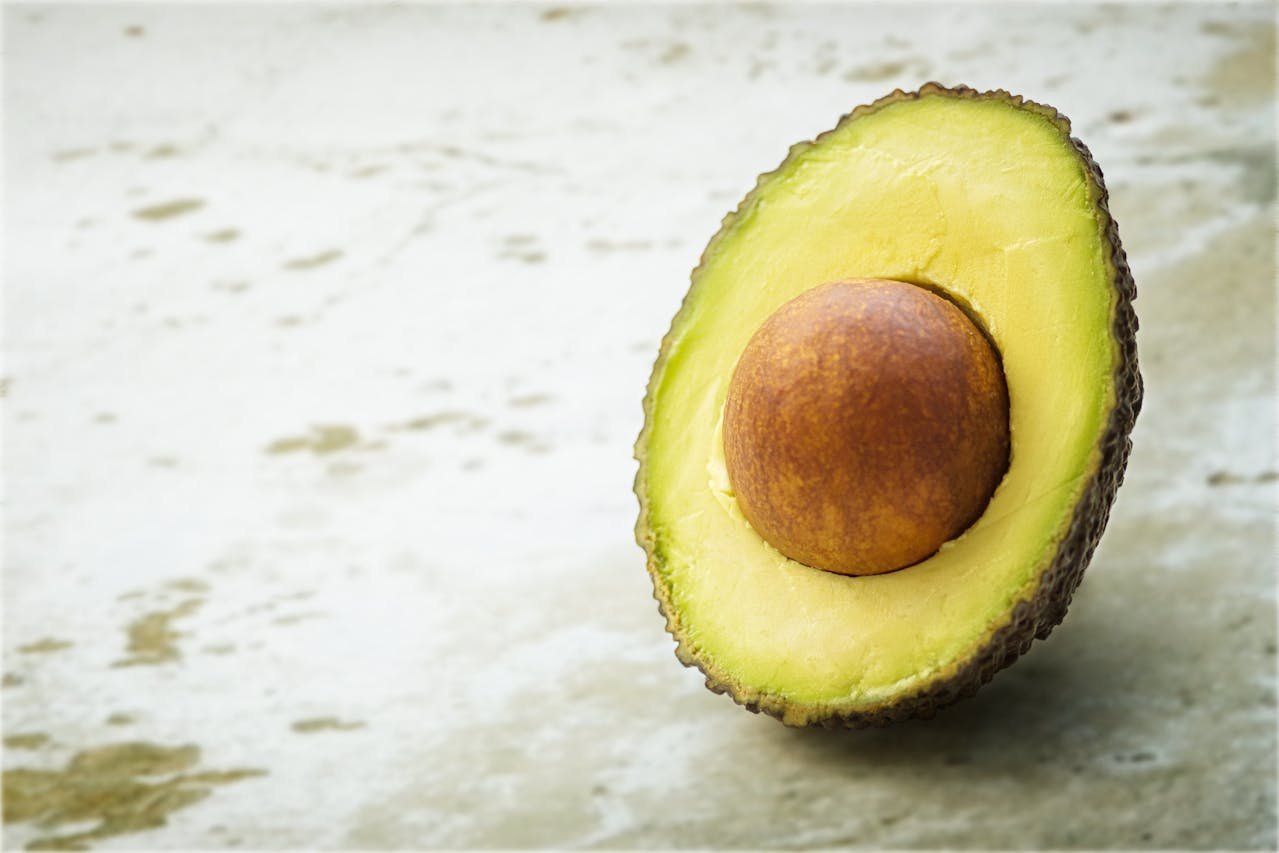10 Health Benefits of Avocado

Benefits of Avocado
Avocados contain all these nutrients, meaning there are many benefits to eating them, the most important of which are:
Rich in important nutrients
One serving of avocado, equivalent to 40 grams, contains the following nutrients:
- 64 calories
- 6 grams of fat
- Less than one gram of sugar
- Approximately 3 grams of dietary fiber
- 3.4 grams of carbohydrates
Avocados also contain vitamins C, E, K, and B, niacin, folate, magnesium, potassium, beta-carotene, and omega-3.
Promoting vision health
Avocados contain phytochemicals, which play a major role in enhancing vision health.
Phytochemicals are substances found in eye tissues that provide antioxidant protection, to protect them from various damages, such as those resulting from ultraviolet rays.
The monounsaturated fats in avocados also support better absorption of water-soluble antioxidants, reducing the risk of age-related macular degeneration.
Reduced chances of developing cancer
Avocados provide folate, which various scientific studies have linked to reduced stomach, colon, and pancreatic cancer risk.
Although the mechanism behind this relationship is unknown, researchers believe that folate protects against mutations in the body during cell division.
Other studies have also found that avocados have a role in contributing to the treatment of cancer, as the phytochemical extract taken from it works to kill cancer cells.
Protection against depression
Foods that contain folate are characterized by their ability to reduce the risk of depression.
Folate works to prevent the accumulation of a certain substance called homocysteine, which hinders the normal delivery of nutrients to the brain.
A high amount of homocysteine would interfere with the production of serotonin, dopamine, and norepinephrine, which cleanse mood, sleep, and appetite.
Sterilizer and disinfectant for the body
One of the important benefits of avocado is that it acts as a cleanser and sterilizer for the body. The dietary fibers stimulate bowel movement, thus helping to eliminate waste in the body through excretion.
Important for heart health
Avocados contain a substance called beta-sitosterol, which is important for heart health.
Eating avocados regularly and getting this particular substance helps maintain normal cholesterol levels, which reflects positively on heart health and protects you from many diseases such as heart attacks.
Preventing osteoporosis
Did you know that eating half a medium-sized avocado provides you approximately 25% of your daily allowance of vitamin K?
This vitamin is of great importance in maintaining bone health, as it supports them and helps increase calcium absorption, which reduces the risk of osteoporosis and thinning of the bones.
Improves digestion
The soft texture of avocado and its content of important dietary fibers make it an essential food for improving digestion.
Eating avocados will help prevent constipation and maintain a healthy digestive system.
Protection against chronic diseases
One of the many benefits of avocado is that it protects against chronic diseases, due to the presence of dietary fiber.
These fibers reduce the risk of high blood pressure, diabetes, obesity, and other chronic diseases.
Beneficial for pregnant women
The benefits of avocado are not limited here, but eating it is beneficial for pregnant women and the fetus’s health.
Avocados containing folate reduce the risk of miscarriage and various birth defects in the fetus.
Avocado Nutrition
Nutritionally, it is considered a portion of fat, as one serving (1/6 of a medium-sized avocado) provides us with approximately 5 grams of fat and 45 calories.
The avocado fruit provides approximately 20 types of different vitamins and minerals, including potassium, folic acid, vitamins B, C, E, and A, and lutein. It also contains many chemical components that work as antioxidants and enhance the body’s immunity.
| Nutrients | Content 100 gm fresh avocado |
| Carbohydrates | 8.53 grams |
| Protein | 2 grams |
| Fats | 14.66 grams |
| Dietary fiber | 6.7 grams |
Tips for Consuming Avocados
Avocados can be eaten alone or added to dishes, but there are many ways to enjoy them, including in sweet dishes.
They can even be substituted for butter when baking. Trade each tablespoon of butter in recipes for brownies and cupcakes for half a tablespoon of avocado. That swap slashes calories, upgrades the nutritional quality of your goodies, and still provides a creamy texture that will leave you satisfied.
Is it healthy to eat an avocado a day?
Researchers have found that avocados may protect the heart in a similar way as olive oil and nuts do in the heart-healthy Mediterranean diet. A 2018 analysis of 10 studies found an increase in HDL (protective cholesterol) in people who consumed an average of 1 to 3.7 avocados daily.
Is avocado protein or fat?
Although avocados are technically a fruit, nutritionally they are considered a source of fat. Unlike other fruits, avocados are very high in fat. About 77% of their calories come from fat. Avocados contain mostly monounsaturated fat, plus a small amount of saturated fat and polyunsaturated fat.







